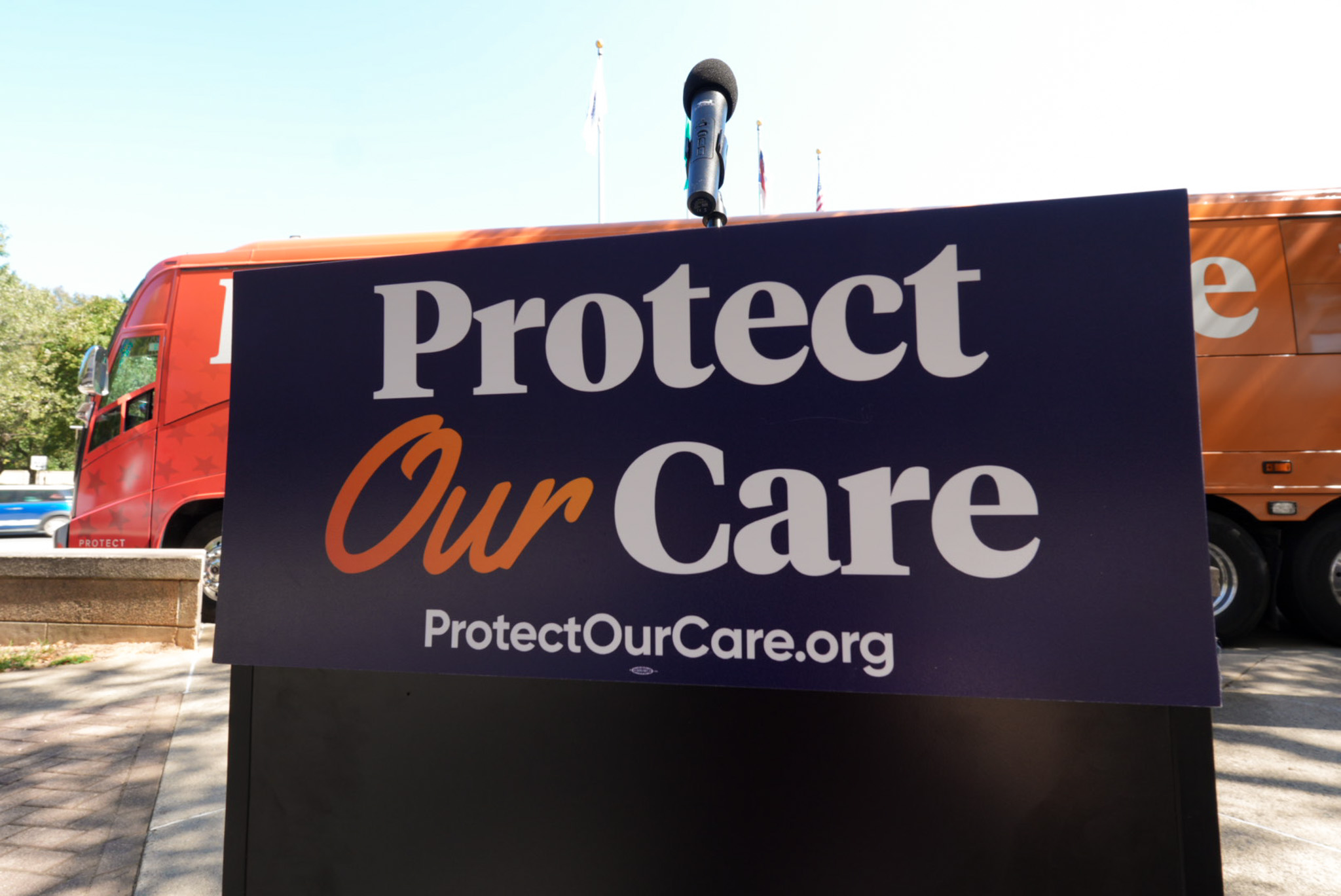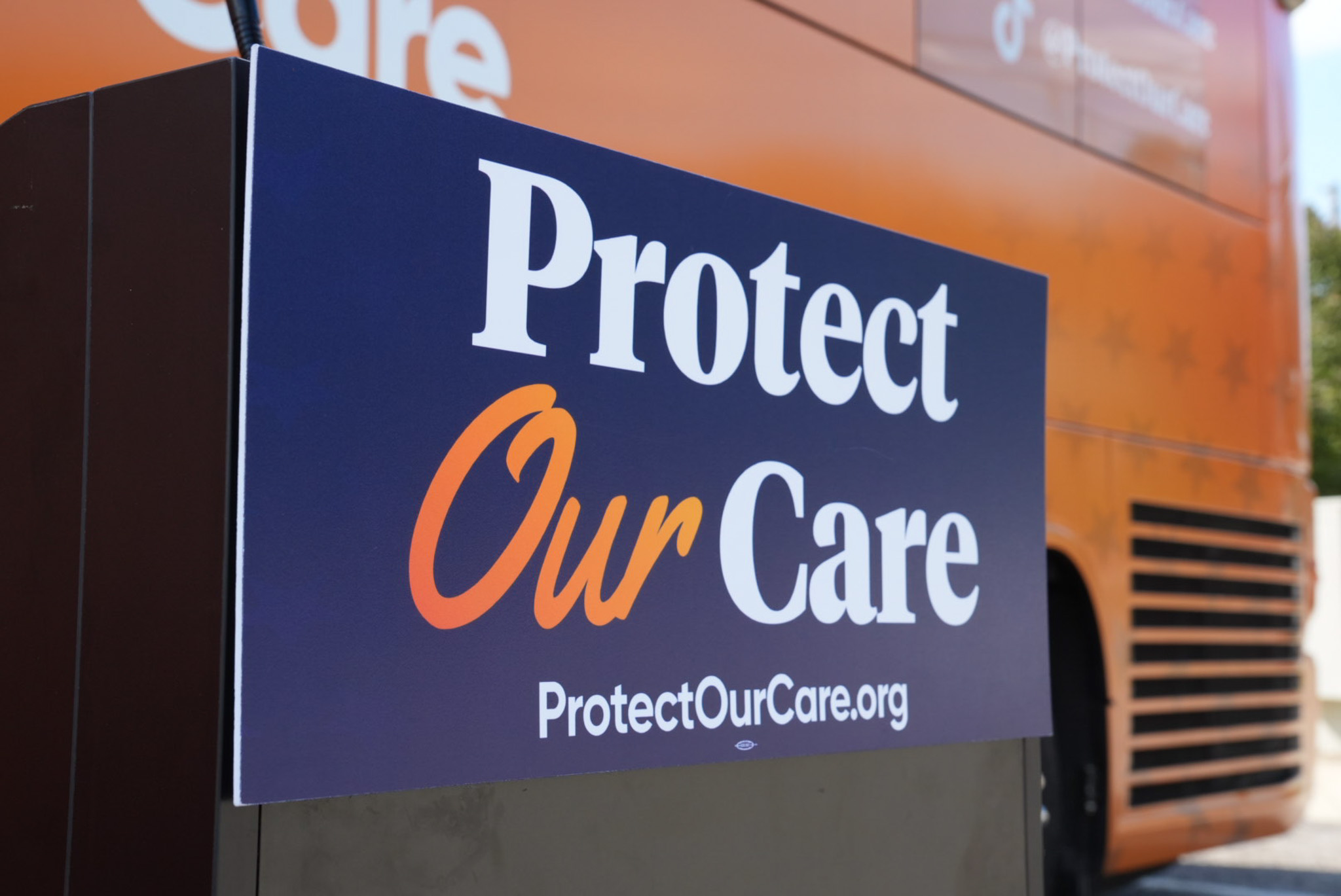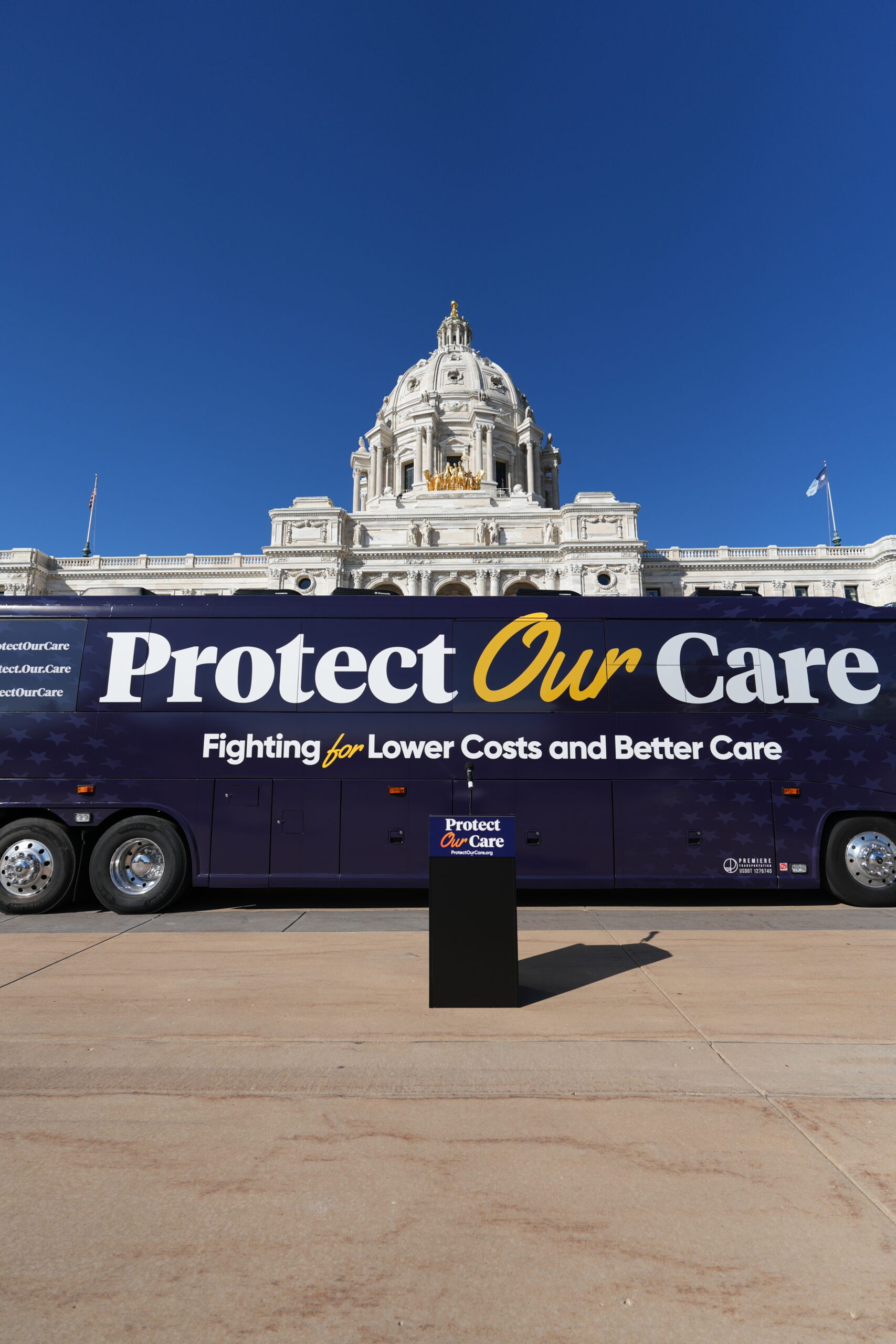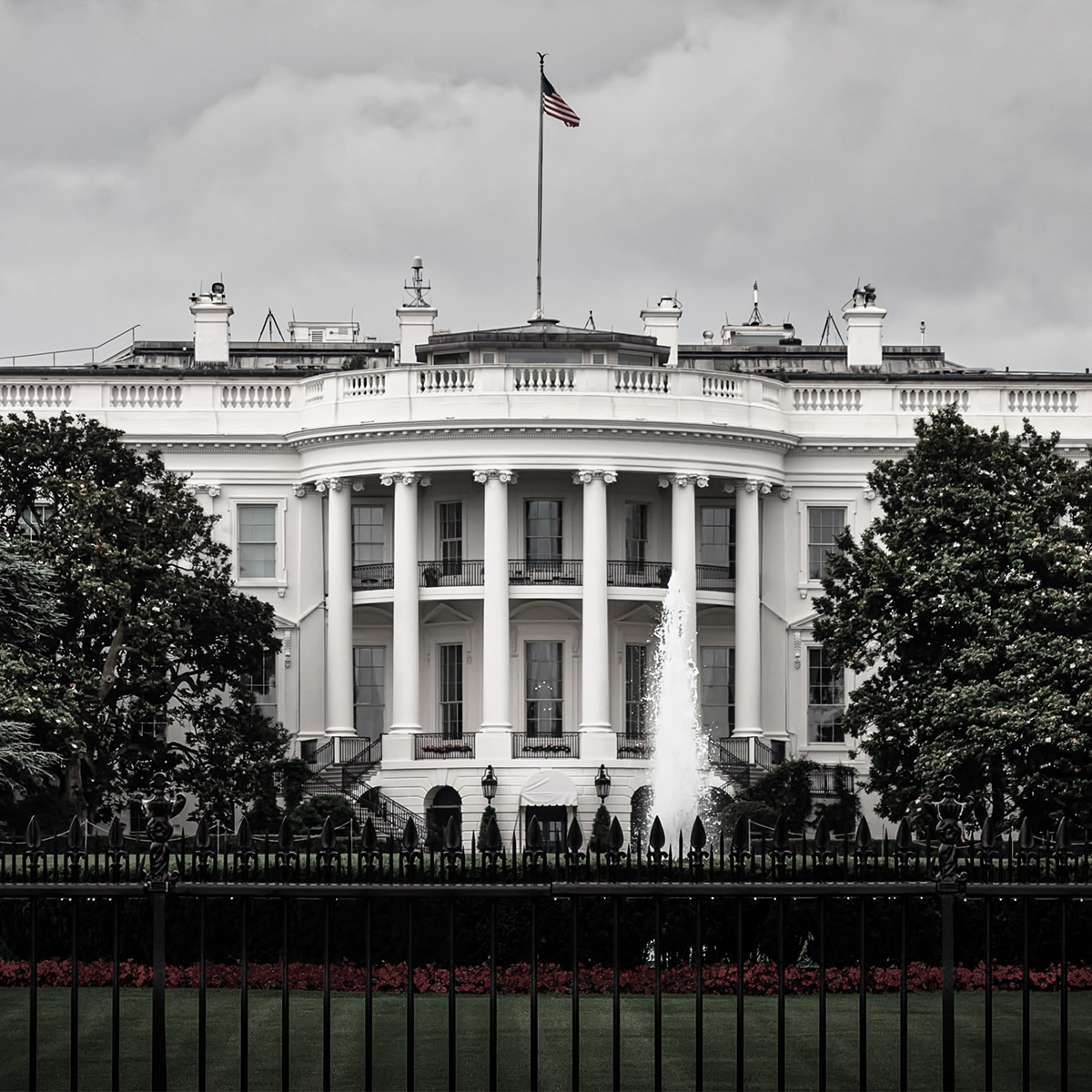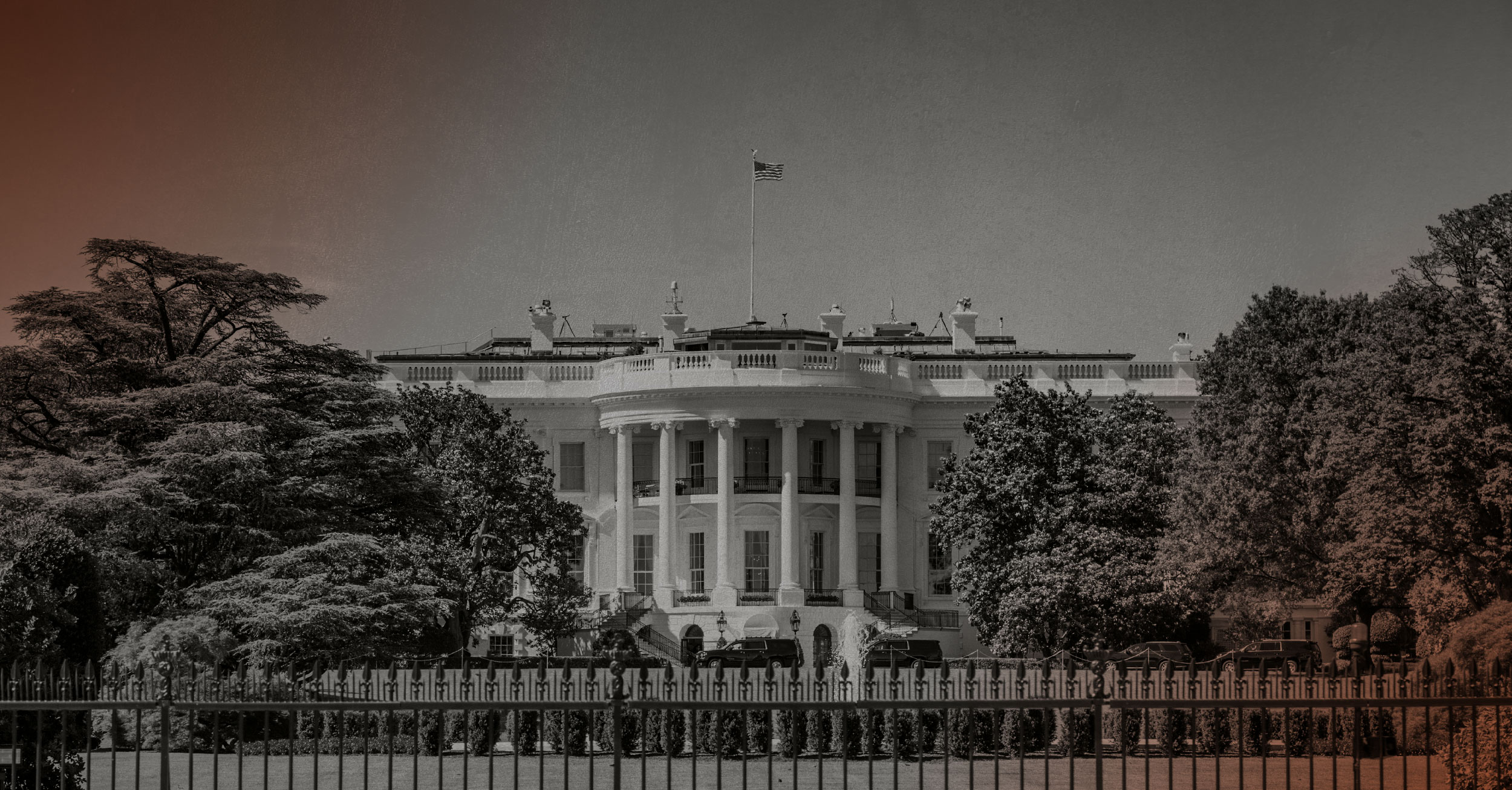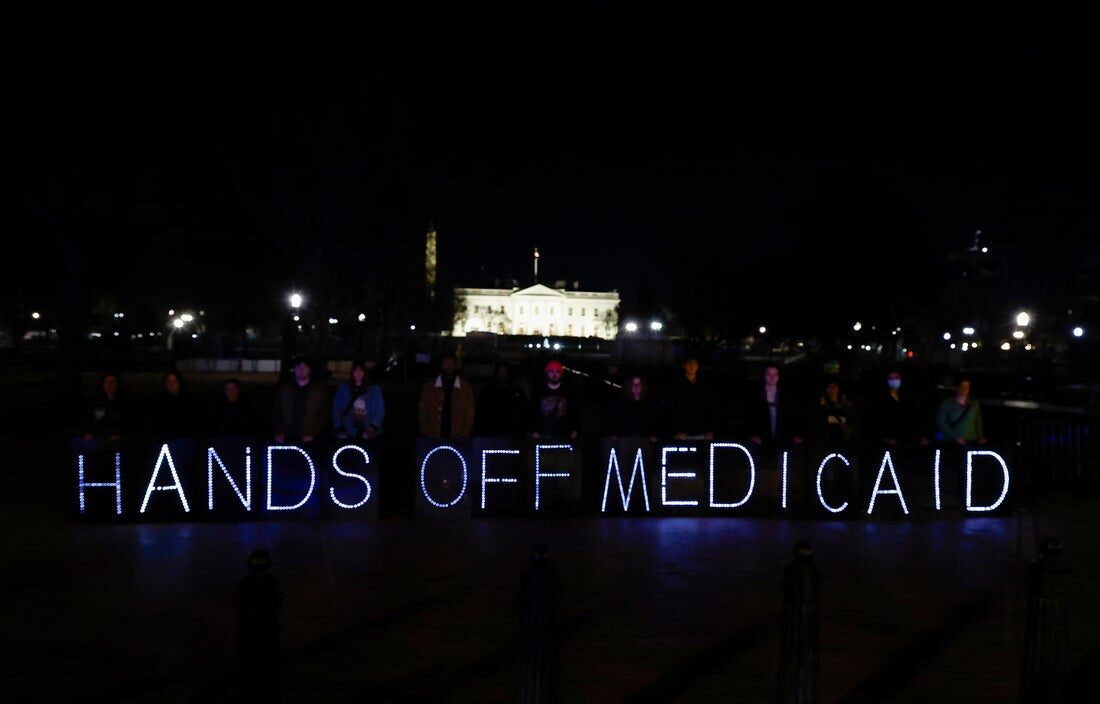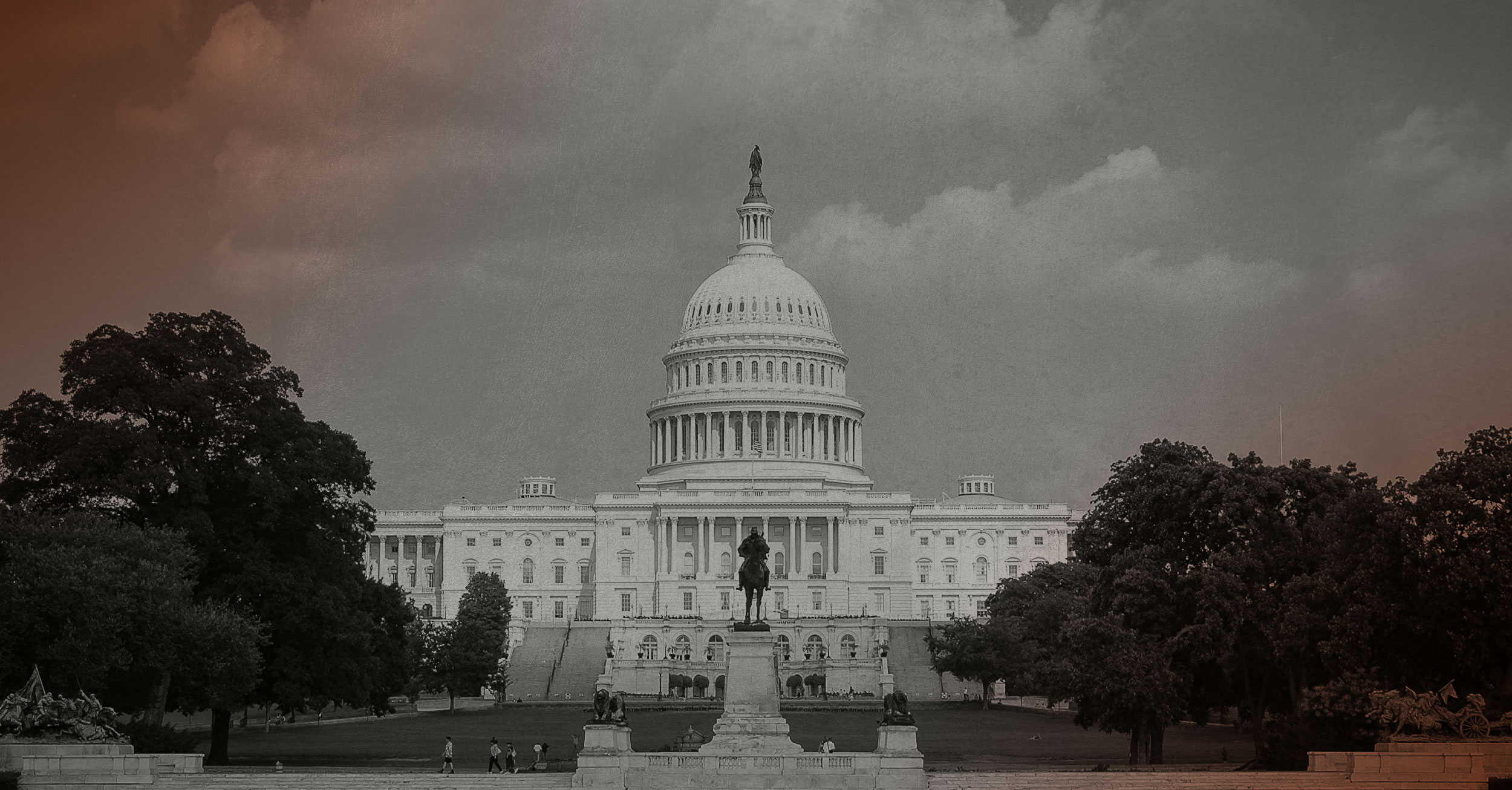
Small Business Owners, Middle Class Families, And Rural Communities Will Be Among The Hardest Hit By Republican Premium Hikes
Republicans are raising health care costs for millions of Americans by taking away critical tax credits from working families. Countless families are one health care bill away from bankruptcy, but Republicans are planning to increase their health care costs even more. Republicans are doubling health care premiums for millions of families, which will result in an estimated 5 million Americans losing their coverage altogether. Under Republicans’ plan, families will pay up to 90 percent more for their health care, while billionaires and CEOs will get another huge tax break. Democrats are fighting to stop Republican premium hikes. As of January 2025, a record 24.2 million Americans are enrolled in quality, affordable coverage because of the tax credits passed by Democrats in Congress without a single Republican vote – more than twice as many people with insurance as when Trump held office.
The bottom line: Americans cannot afford Republican premium hikes. Every family should be able to afford health coverage, regardless of their zip code or income. Because of Republicans, health insurance premium hikes will be announced this summer, and starting in January 2026, tens of millions of people who buy coverage on their own will see their premiums skyrockets and millions will become uninsured, including self-employed Americans, small business owners, people living in high-cost rural areas, farmers, people with pre-existing conditions, older adults, and more. Here are some of the groups who will be hit the hardest:
- Middle Class Families Will Pay Thousands More For Health Care. Thanks to Republicans, families of four making about $125,000 each year will lose the premium tax credits that made their health care affordable and be forced to pay an average of $18,300 each year in premiums, an increase of over $7,500 per year.
- Small Business Owners Will Lose Access To Affordable Health Care. Small business owners and sole proprietors often rely on ACA Marketplace plans for affordable, quality coverage. 82 percent of small business owners and self-employed workers enrolled in Marketplace coverage rely on premium tax credits to afford health care. Self-employed Americans make up nearly 4 in 10 of those who will lose affordable health care under GOP plans.
- Rural Americans Will Go Without Affordable Options. Premiums are known to be higher in rural counties than suburban and urban counties, making tax credits especially essential to rural Americans having affordable health care. The tax credits made it possible for 65 percent of uninsured rural Americans to have access to zero-dollar premium health plans, and more than 76 percent are able to find a plan for less than $50 a month. If Republicans have their way, the divide between rural and urban America will grow wider. Farm states will be especially hard hit: nearly all Marketplace enrollees in farm states receive a tax credit, which reduces their monthly premiums by an average of over $500, and many farmers stand to lose some or all of their tax credits if enhanced premiums are not extended.
- Early Retirees Will Struggle To Afford Health Care. More than half of the adults who will lose premium tax credits under Republican plans are between the ages of 50 and 64, an age group that disproportionately experiences hiring discrimination and may have been forced into early retirement by economic conditions. Over 5 million Americans ages 55 to 64 enrolled in Marketplace coverage in 2024. Thanks to Republicans, premiums will increase by an average of $17,511 for a 60-year-old couple making $80,000 a year.
- Young People Will Go Without Health Insurance. Republicans are removing the tax credits that made it possible for 63 percent of uninsured young adults to have access to zero-dollar premium health coverage and more than 75 percent able to find a plan for less than $50 a month. By raising costs on young Americans, Republicans will force an estimated 2.8 million younger Americans out of their Marketplace coverage.
- Uninsurance Rates Among People Of Color Will Skyrocket. Thanks to the enhanced premium tax credits, more than 65 percent of uninsured Black adults are eligible for zero-dollar premium plans and 75 percent are eligible for plans less than $50 a month. More than 68 percent of uninsured Latino adults are eligible for zero dollar premium plans and nearly 80 percent can access plans for less than $50 a month. Because of the Republican premium hike, the percentage of uninsured could return to the double digits for both groups.

